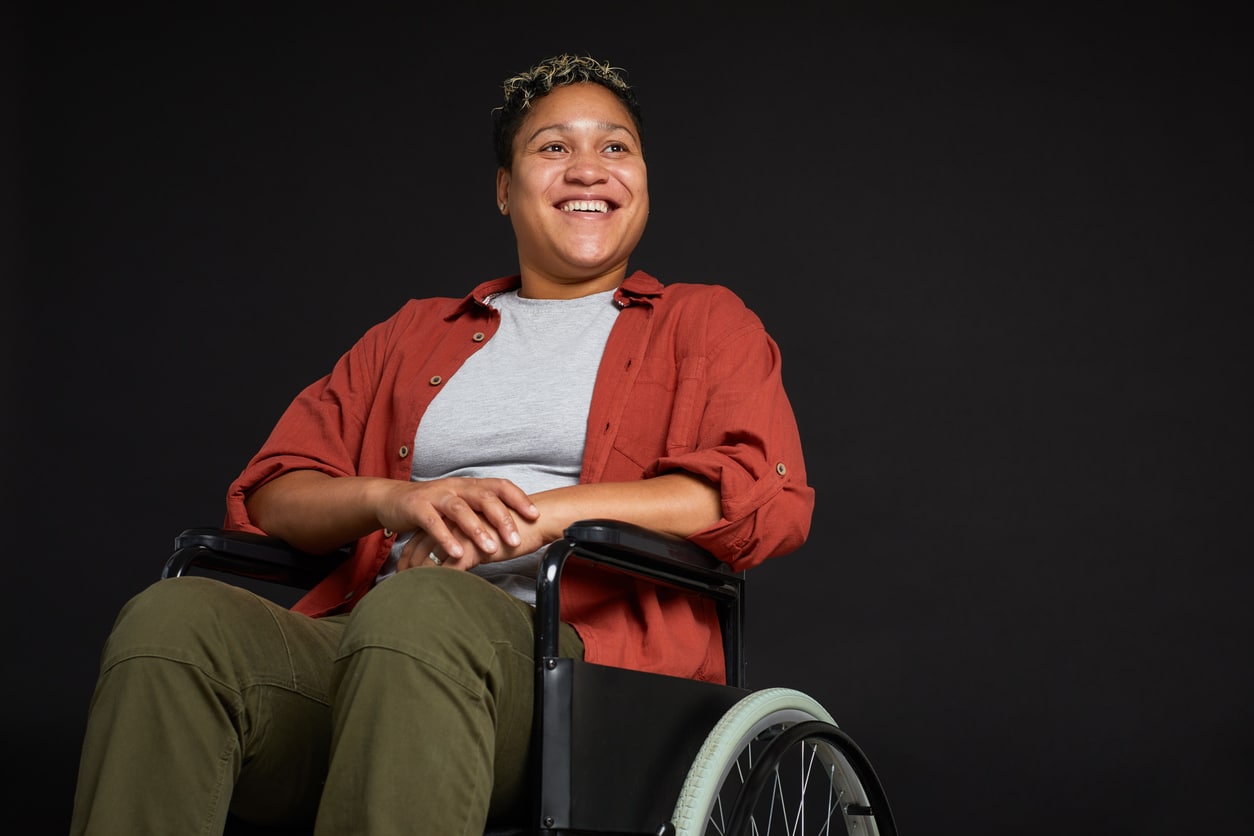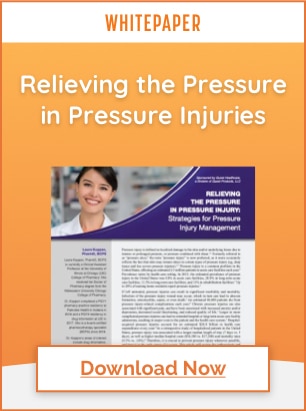
Neurogenic Bowel Dysfunction in Multiple Sclerosis
Multiple sclerosis (MS) is a chronic autoimmune disorder affecting the central nervous system, including the brain and spinal cord.1 While the condition is primarily known for impacting mobility and coordination, it can also lead to a range of other complications, such as neurogenic bowel dysfunction (NBD).
Managing NBD in your MS patients can be challenging, significantly impacting their quality of life. Patients with MS ranked bowel problems as the third most bothersome symptom after fatigue and issues with mobility.2 Bowel Symptoms are also considered the primary cause of the inability to be employed, after spasticity and incoordination.3
Up to 70% of MS patients complain of constipation or fecal incontinence, which may also coexist.4 Constipation can cause discomfort, bloating, and potential complications like fecal impaction or bowel obstruction.5 Fecal incontinence, on the other hand, can lead to social isolation, emotional distress, anxiety, and depression.6
While various strategies exist to help manage NBD in MS patients, including dietary modifications, increased fluid intake, exercise (when feasible), and medications or supplements to regulate bowel movements, one promising solution is ENEMEEZ®, a mini enema that functions as a stool softening, hyper-osmotic laxative.7
ENEMEEZ® can be particularly beneficial for improving bowel care needs in MS patients, especially those with spinal cord injuries or diseases. Here are some advantages of using ENEMEEZ® mini-enemas for bowel care in your MS patients:
- Can reduce the need for extensive nursing assistance with bowel care routines, lessening the physical and emotional burden on caregivers.8
Supports improved bowel management and functional independence scores, enhancing the overall quality of life for your MS patients.9 - May reduce costs associated with incontinence supplies like pads, laundry, gowns, and linens needed due to fecal incontinence episodes.10
- Offers an easy-to-use, rectally administered option ideal for those with swallowing difficulties, nausea, or feeding tubes, eliminating medication interactions.11
- Can help minimize disruptions to therapy, rehabilitation, and daily activities caused by incontinence episodes, prolonged bowel routines, or fatigue.12
- Saves time and reduces the physical/emotional toll of frequent dressing/undressing due to soiled clothing from fecal incontinence.13
- Provides fast, predictable bowel evacuation typically within 2-15 minutes with a gentle, non-irritating formula free of burning sensations.14
When developing an effective bowel management plan for your MS patients struggling with NBD, consider discussing ENEMEEZ® as part of a comprehensive approach to improving their quality of life.
Request ENEMEEZ® mini enema samples or an educational In-Service for your facility today.
Sources
- National Multiple Sclerosis Society. “What is MS?” https://www.nationalmssociety.org/What-is-MS
- Norton, C., & Chelvanayagam, S. (2010). Title of the Paper. Retrieved from https://core.ac.uk/reader/20321228?utm_source=linkout
- BAUER, H J et al. “PROGNOSTIC CRITERIA IN MULTIPLE SCLEROSIS.” Annals of the New York Academy of Sciences vol. 122 (1965): 542-51. doi:10.1111/j.1749-6632.1965.tb20234.x
- Wiesel, Paul H.a; Norton, Christinea; Glickman, Scottb; Kamm, Michael A.a. Pathophysiology and management of bowel dysfunction in multiple sclerosis. European Journal of Gastroenterology & Hepatology 13(4):p 441-448, April 2001.
- Coggrave, M., et al. (2014). Management of fecal incontinence and constipation in adults with central neurological diseases. Cochrane Database of Systematic Reviews, (1).
- Nortvedt, M. W., et al. (2007). Quality of life in multiple sclerosis: measuring the disease effects more broadly. Neurology, 69(13), 1292-1299.
- Badiali, D., et al. (1997). Flatus, incontinence, and constipation in multiple sclerosis: a review. Archives of Physical Medicine and Rehabilitation, 78(6), 634-640.
- Christensen, P., et al. (2009). Economic impact on caregivers of providing continence care to older persons in Birmingham, England and Montreal, Canada: an exploratory patient-level analysis. Neurourology and Urodynamics, 28(8), 1076-1082.
- Coggrave, M., et al. (2014). Management of fecal incontinence and constipation in adults with central neurological diseases. Cochrane Database of Systematic Reviews, (1).
- Sung, V. W., et al. (2010). Economic costs of overactive bladder in the United States. Urology, 75(3), 526-532.
- Christensen, P., et al. (2009). Economic impact on caregivers of providing continence care to older persons in Birmingham, England and Montreal, Canada: an exploratory patient-level analysis. Neurourology and Urodynamics, 28(8), 1076-1082.
- Stein, J., & Everhart, J. E. (1995). Neurogenic bowel dysfunction and multiple sclerosis. The American journal of gastroenterology, 90(8), 1294-1301.
- Norton, C. (2008). Neurogenic bowel management in adults with spinal cord injury. Spinal Cord Injury Nursing, 25(3), 24-33.
- ENEMEEZ product website: https://www.enemeez.com/




![[Live Webinar] Neurogenic Bowel Dysfunction in Multiple Sclerosis](https://www.questhealthcare.net/wp-content/uploads/2025/02/325-Quest-Healthcare-Speaker-Session-1-500x383.png)


